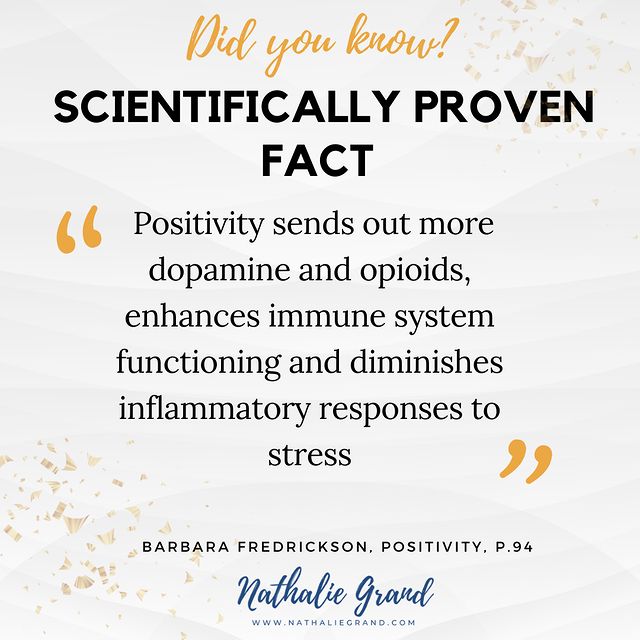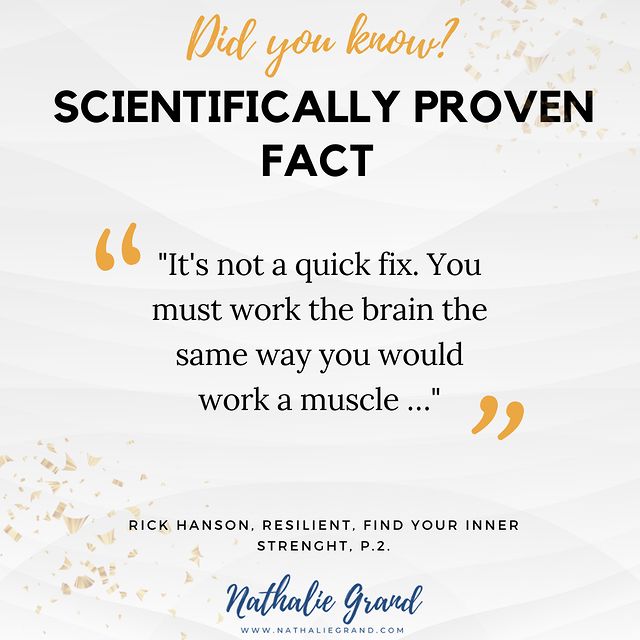EVIDENCE BASED AND EMPIRICALLY TESTED RESILIENCE AND WELL-BEING TRAINING
TIRED OF FEELING STRESSED AND CONSTANTLY OVERTAKEN?
WANT TO WAKE-UP HAPPY AND HAVE A POSITIVE MINDSET?
WANT TO FEEL FULFILLED?
Resilience and Well-Being can be trained
Being happy in the face of adversity is not an easy task. Sometimes we feel so overwhelmed from the constant demands and changing environment that the task seems daunting.
But what science teaches us is that with perseverance, training and the right tools, one can become more resilient to the challenges of life, in their professional environment but also in their private life.
Resilience is a trait: you can be born with more or less resilience but, like a muscle, you can train it. With routine and exercise, one can increase their own resilience. Like a muscle, resilience needs constant training: you do not become resilient in a day but you can gradually build a resilient mindset and nurture it. Raphael D. Rose provides evidence, using randomized controlled groups, that resilience can be trained via online programs, thus improving access to well-being and improved resilience to everyone .
(Journal of Positive Psychology, 2014 Self-guided multimedia stress management and resilience training,)
What is Positive Psychology?
Positive Psychology is a branch of psychology that studies, with scientifically validated tools and methodologies, the factors contributing to human flourishing. In other words, positive psychology is the scientific study of what makes life worth living: it is the identification of those actions (or positive experiences), positive traits and positive institutions that facilitate happiness, well-being, flourishing and makes life worth living.
Historically, psychology had focused on the negatives, on mental illness and on what was wrong in humans, to try to find solutions to end the suffering and distress. The treatments were aimed at repairing what was wrong or damaged. Positive psychology, whilst taking those aspects into account, focuses on the positives, on nurturing what is good, on the choices individuals make to lead a good life.
Getting rid of mental illness is good but not sufficient. Baseline or the absence of mental illness is not sufficient to live the good life and does not equate to flourishing. Baseline is not the same as living a life full of joy, optimism, love, hope, happiness and so on. The absence of mental illness as well as the absence of positive experiences, positive traits and positive institutions means we are just empty shells getting through life, day after day.
What are positive emotions and why is it important to cultivate them?
Positive emotions are one of the pillars of the well-being theory model proposed by Martin Seligman, one of the founding fathers of positive psychology. Research shows that increasing one’s positive emotions increases the chance of flourishing.
Barbara Fredrickson – one of the leading researcher into positive emotions - proposes a dynamic model where positive emotions broaden a person’s specific action tendencies and build their personal resources, creating a reservoir that one can rely on when needed (This is called the broaden and built theory – see B. Fredrickson, 2004).
How does this work?
Positive emotions are beneficial for changing our immediate action (by broadening our momentary vision of the possible actions one can take) and for long-term well-being by accumulating and building long-term personal resources.
Have you ever found your most creative ideas when on holidays or when going on a hike? Here is the scientific explanation of this phenomenon: when you are on holiday, your ratio of positive to negative emotions (usually!) increases. The more positive emotions you experience the broader your mindset, making you more aware of different solutions and ideas. When you are in your day-to-day stress, it is biologically hard for anyone to think out of the box.
Positive emotions not only lift people up and make them feel good, they also have the power to undo negative emotions and to fuel psychological resilience. People experiencing more positive emotions live longer, are healthier, are more socially integrated and resilient, are prone to quicker recovery from stress, and have a better chance of flourishing.






